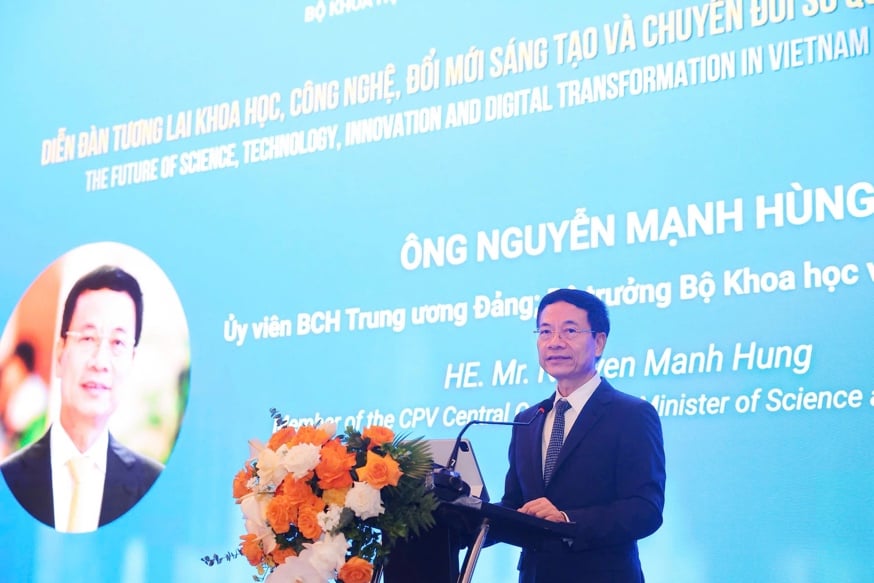
Minister of Science and Technology Nguyen Manh Hung spoke at the event.
At the Forum, delegates shared, discussed, and pointed out the challenges that the country is facing on the path of development. The profound opinions at the Forum were summarized by Minister of Science and Technology Nguyen Manh Hung into a number of major orientations as follows:
Firstly, science and technology, innovation and digital transformation are the key and breakthrough driving forces for Vietnam to develop rapidly and sustainably, catching up with the era of artificial intelligence, big data, digital economy and green economy. This trio has been identified by the Politburo in Resolution No. 57/NQ-TW and is unified under one roof - the unified Ministry of Science and Technology. This convergence helps to erase the boundaries between science and technology, digital infrastructure, digital technology, digital industry and digital transformation, creating a synergistic power: Science and technology provide the knowledge foundation and technical tools; innovation transforms that knowledge into new products, services and business models; digital transformation opens up space for deployment and expansion of application scale at high speed and low cost.
Second, innovation is the second innovation of Vietnam's science and technology, requiring the building of a national innovation ecosystem, with enterprises at the center, scientists at the core and the State playing a creative and leading role. The second innovation is that Vietnam must master technology, must "Make in Vietnam". Without mastering technology, it will continue to be stuck in the low value chain, stuck in middle income and unable to decide the country's destiny. The first innovation of science and technology was from 1986, when science and technology was considered the top national policy, focusing on research, technology application, technology import and acquisition.
Third, digital transformation must be comprehensive and inclusive, from digital transformation, digital economy to digital society so that all people and businesses can enjoy the fruits of development. Digital transformation cannot be done in one place and not in another; it cannot be done gradually 10% then 20% but must be done 100% immediately. Building digital infrastructure, developing technology, digital technology industry to carry out national digital transformation is the second innovation of telecommunications. The first innovation of telecommunications is digitalizing the network, popularizing services, promoting the application of information technology and e-Government. Digital transformation has three stages: digitalization, digital processing and transformation of the way of doing things. Digitalization must be "digital by default", meaning that the new must immediately generate digital. Digital processing has artificial intelligence at the center. Transformation is changing institutions, changing management and business models.
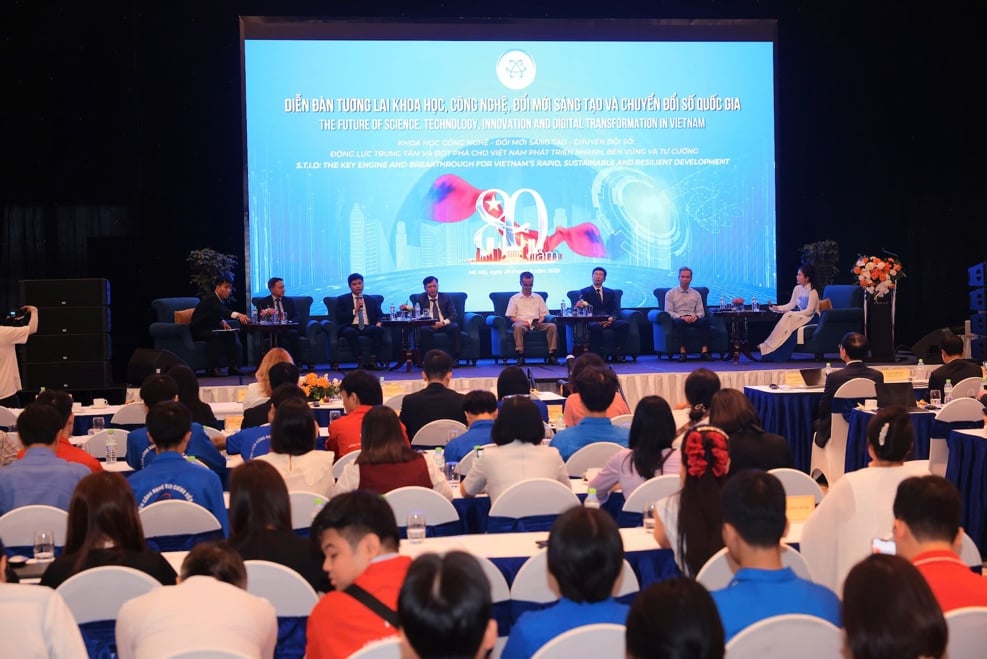
Overview of the Forum.
The Law on Digital Transformation that the Ministry of Science and Technology is drafting will fill in the missing pieces and will be a framework law to unify and connect laws related to digital transformation drafted by ministries and branches, aiming to form a complete digital Vietnamese architecture framework. The Law on Digital Transformation defines the role of the state in promoting Digital Transformation as leading, facilitating and supervising; creating a mechanism for managing digital data; an institutional framework for digital platforms and digital services; finance for digital transformation; digital culture; developing human resources, digital skills, considering digital language as a third language besides Vietnamese to preserve identity and English for integration, so that every Vietnamese person is proficient in these three languages such as reading and writing; risk management in the digital transformation process and ensuring digital space safety; monitoring and evaluating the effectiveness of digital transformation.
Fourth, high-quality human resources, elite intellectuals and creative entrepreneurs are the foundation for us to master strategic technology and participate more deeply in the global value chain.
Fifth, there needs to be breakthrough mechanisms and policies to arouse the desire for creativity, linking research with production practices, so that science and technology can truly become a national driving force. Science and technology must originate from production and return to serve production, as Uncle Ho said more than 60 years ago. The National Assembly has just passed the Law on Science, Technology and Innovation, which is a big step forward, a breakthrough in the institution of science and technology. The next laws that we will have to complete in 2025 are: the Law on High Technology, the Law on Technology Transfer, and the Law on Intellectual Property. We will do more, do more big things, towards solving national problems, national strategic goals, towards economic growth, and that is the best way to continue to perfect the institution.
Source: https://mst.gov.vn/khoa-hoc-cong-nghe-doi-moi-sang-tao-va-chuyen-doi-so-tro-thanh-dong-luc-trung-tam-dua-viet-nam-but-pha-trong-thap-ky-toi-197250829210920599.htm



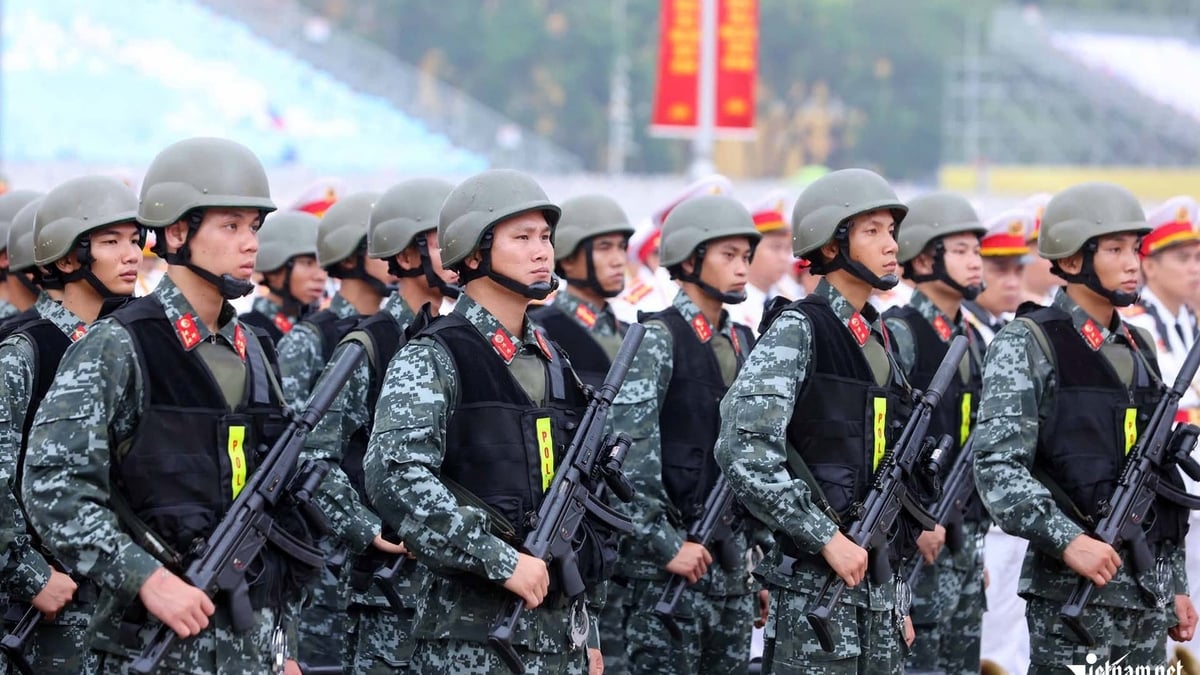



![[Photo] President Luong Cuong receives Speaker of the New Zealand Parliament Gerry Brownlee](https://vphoto.vietnam.vn/thumb/1200x675/vietnam/resource/IMAGE/2025/8/29/7accfe1f5d85485da58b0a61d35dc10f)

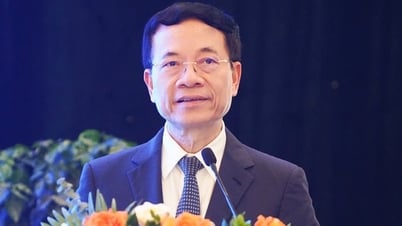
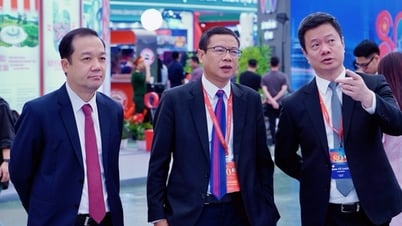
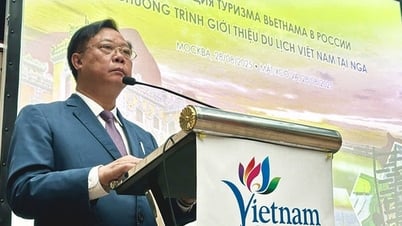




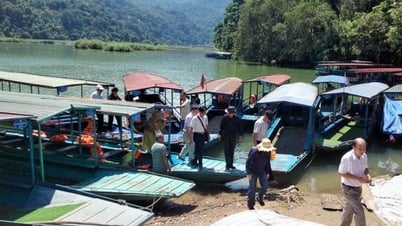




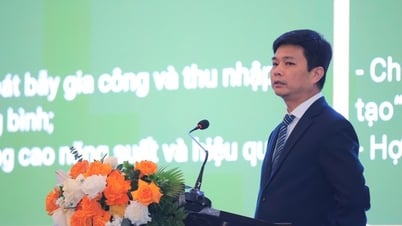
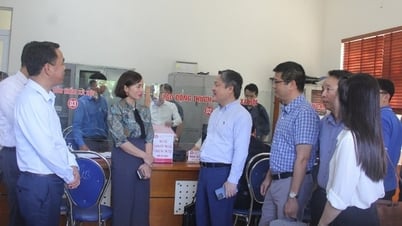
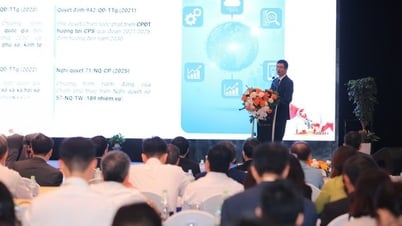
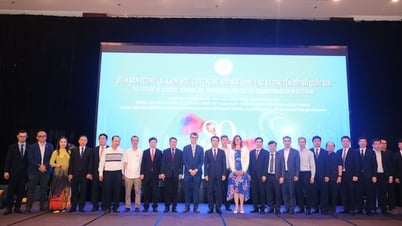

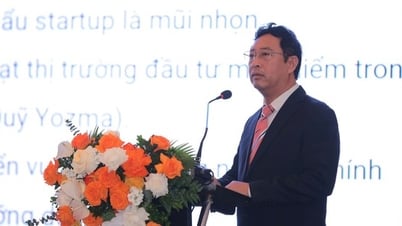







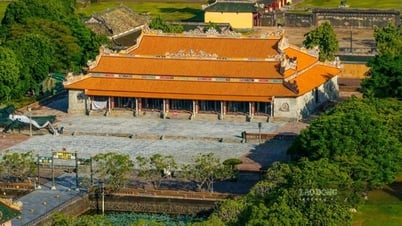


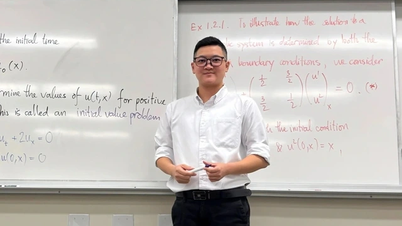

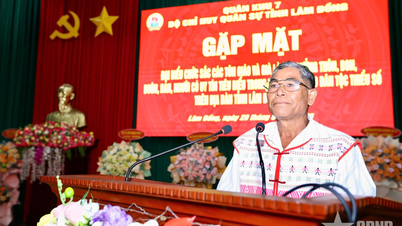

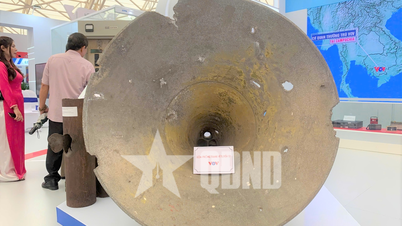


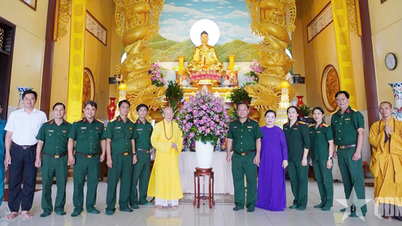
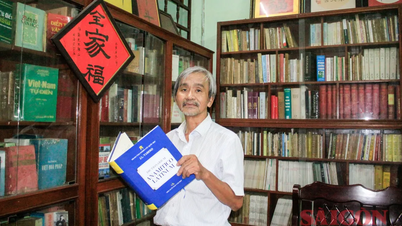

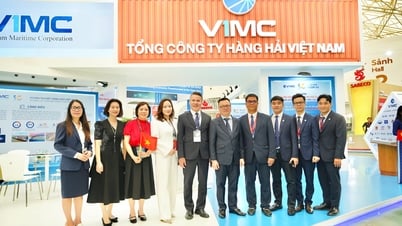



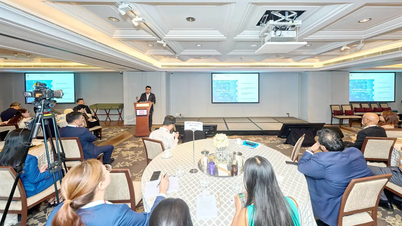
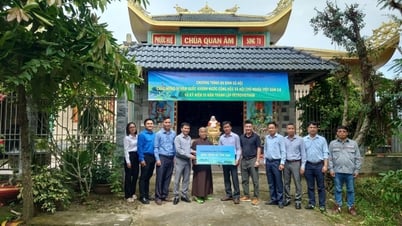

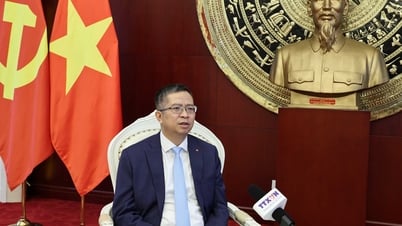
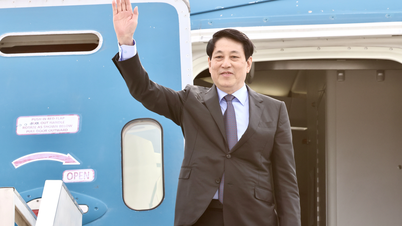
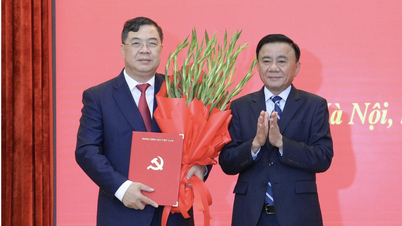
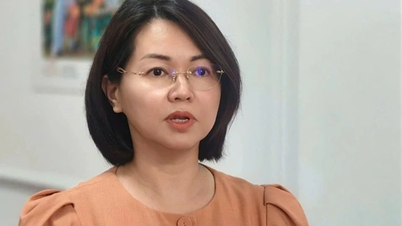
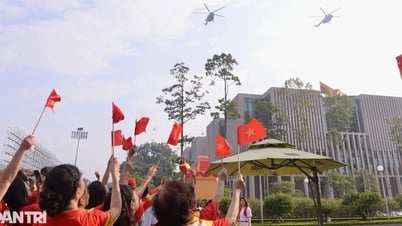

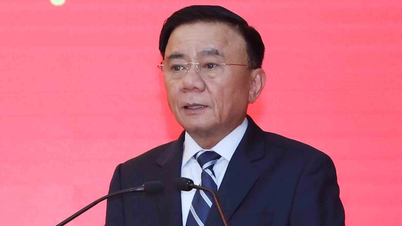

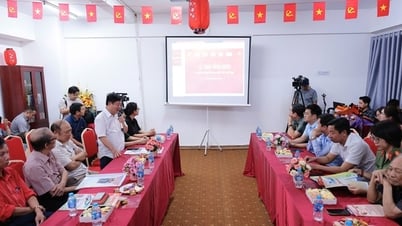
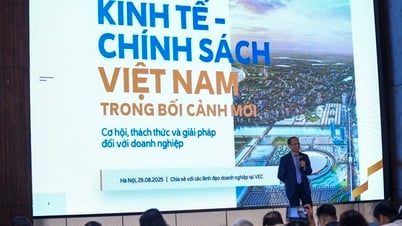
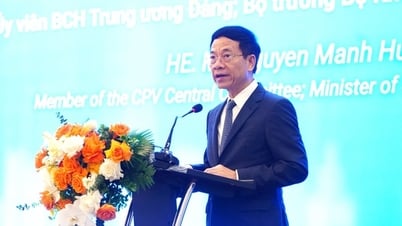
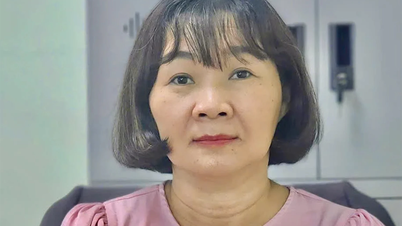

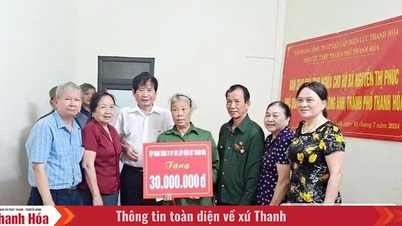

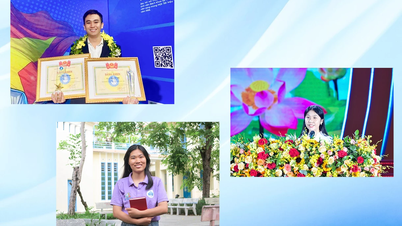
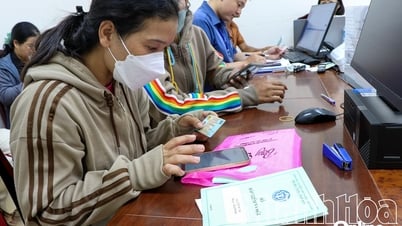
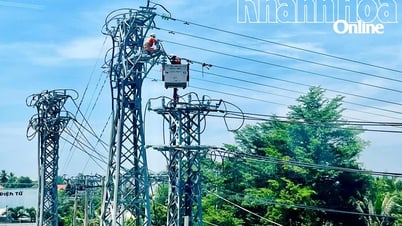
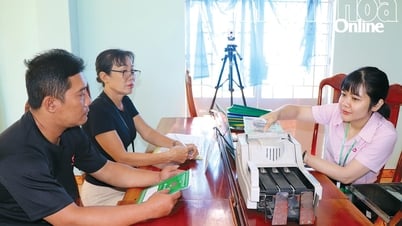











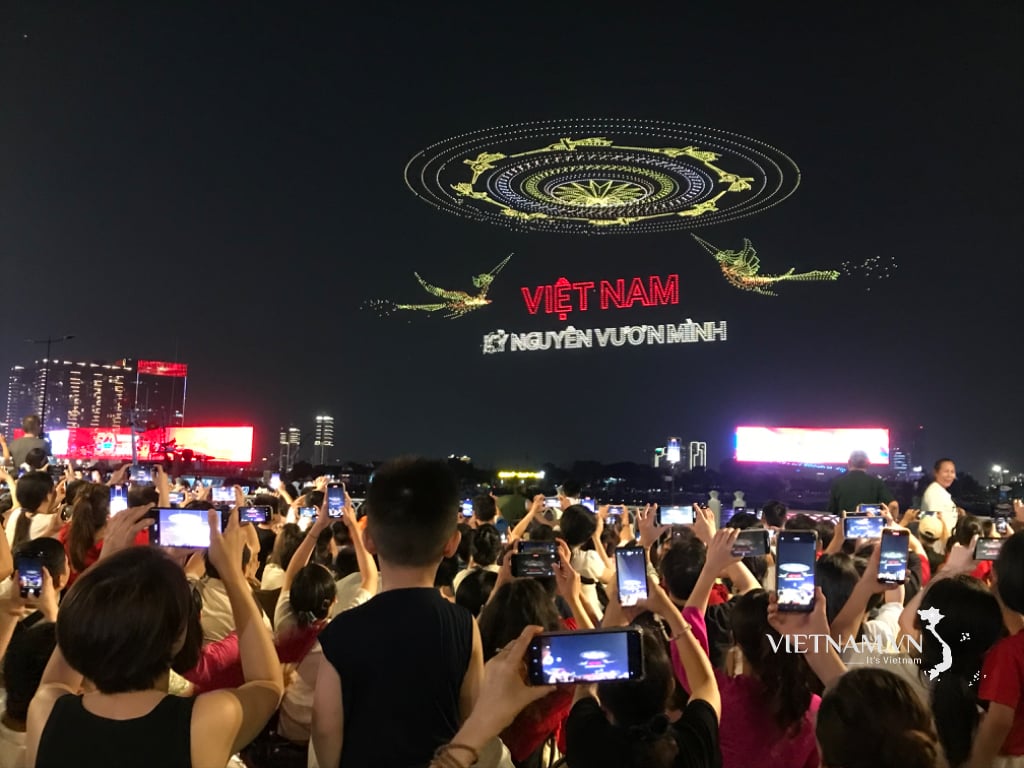
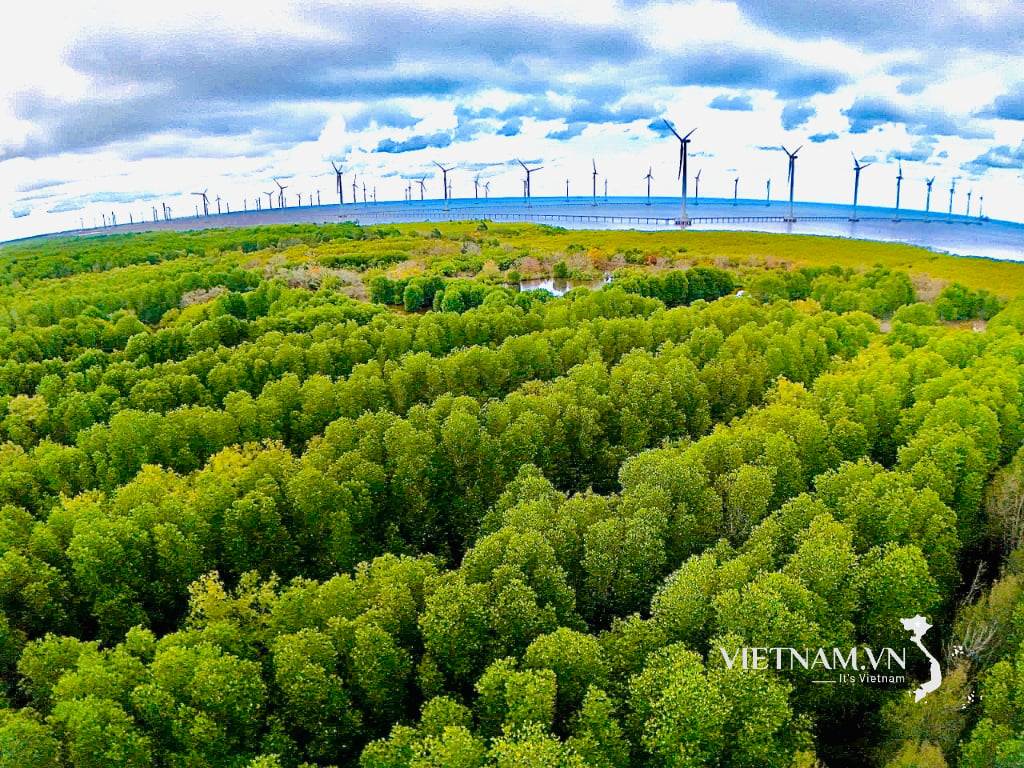
Comment (0)